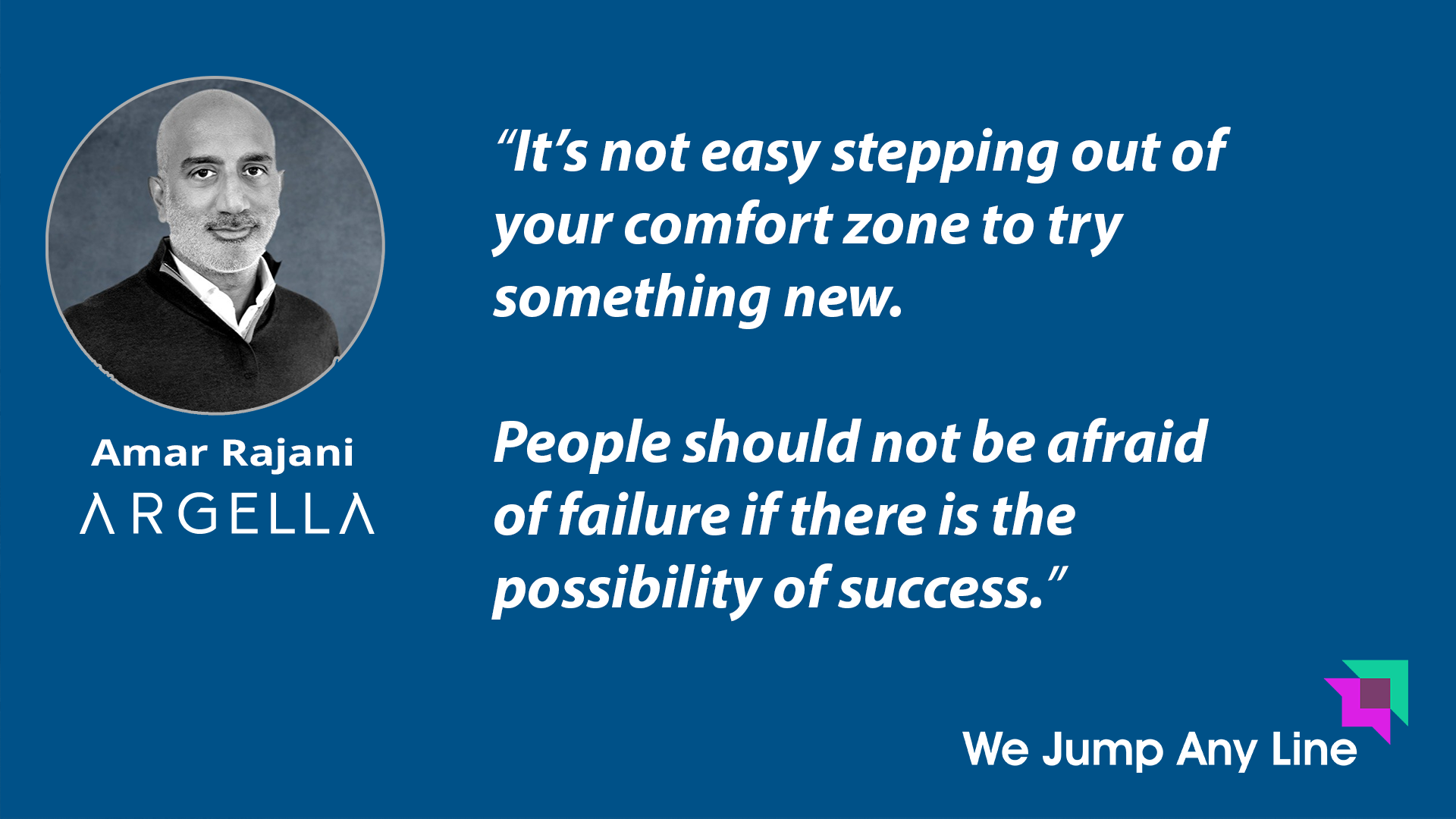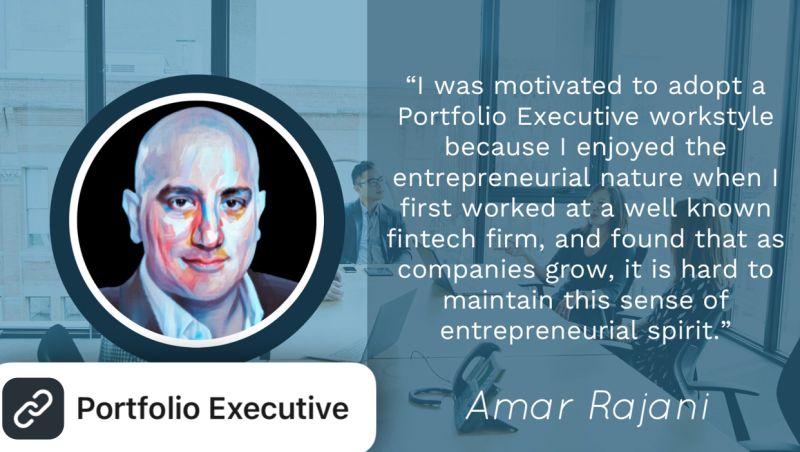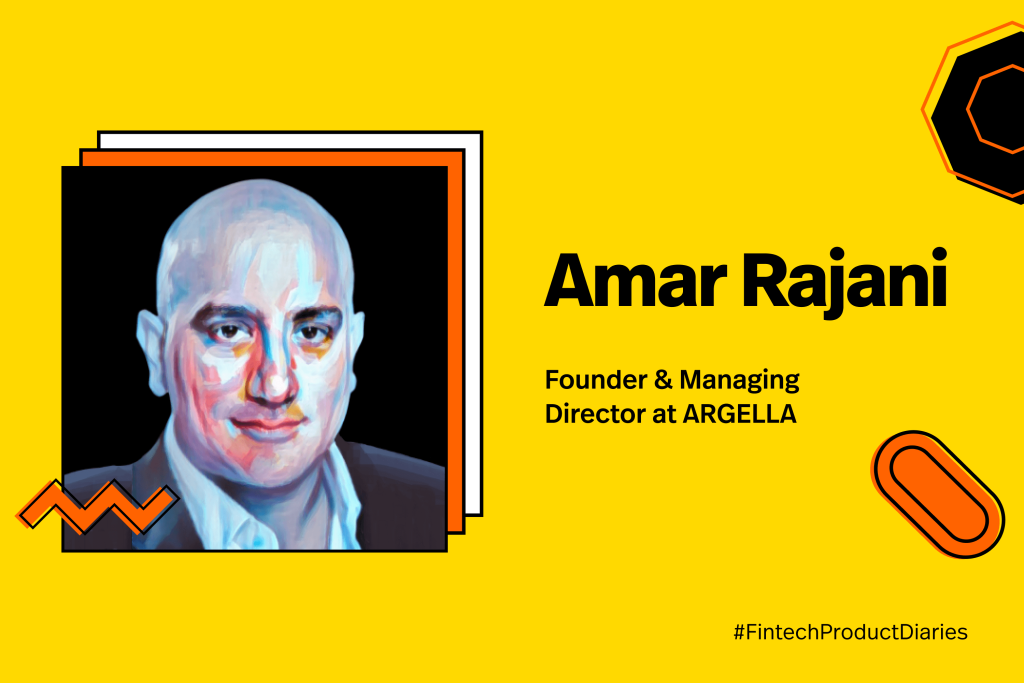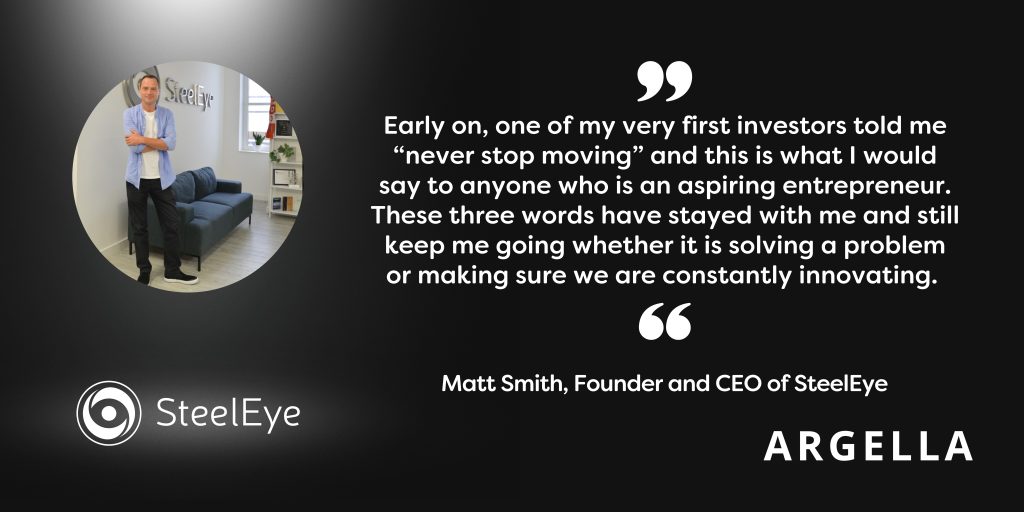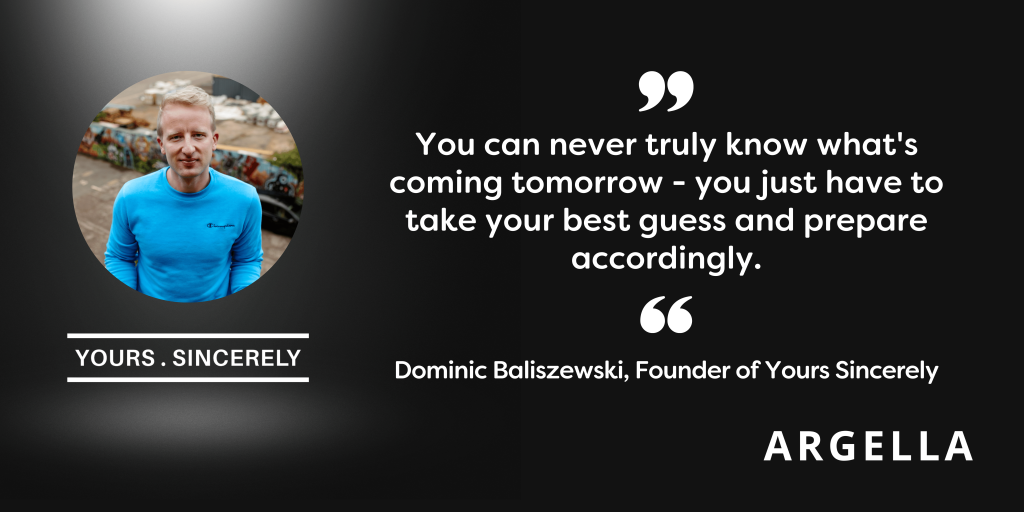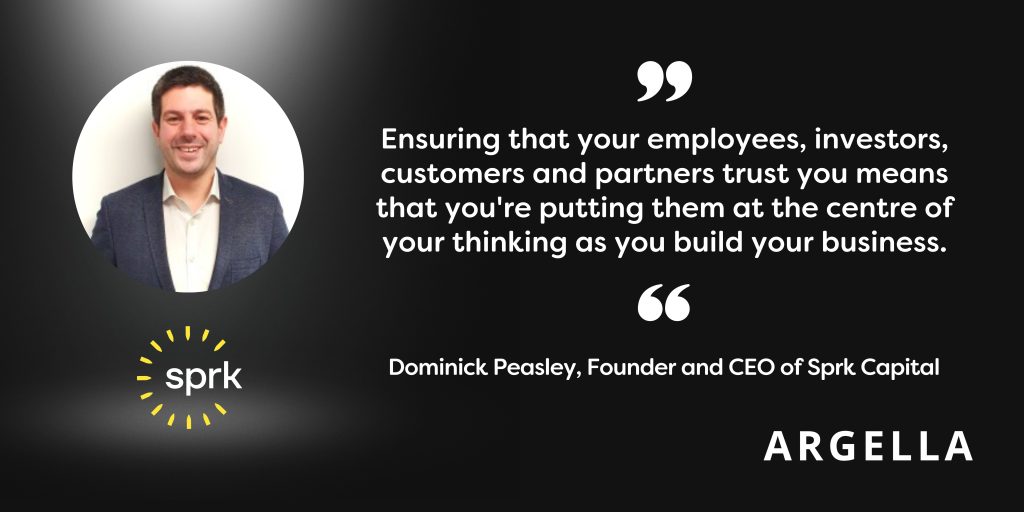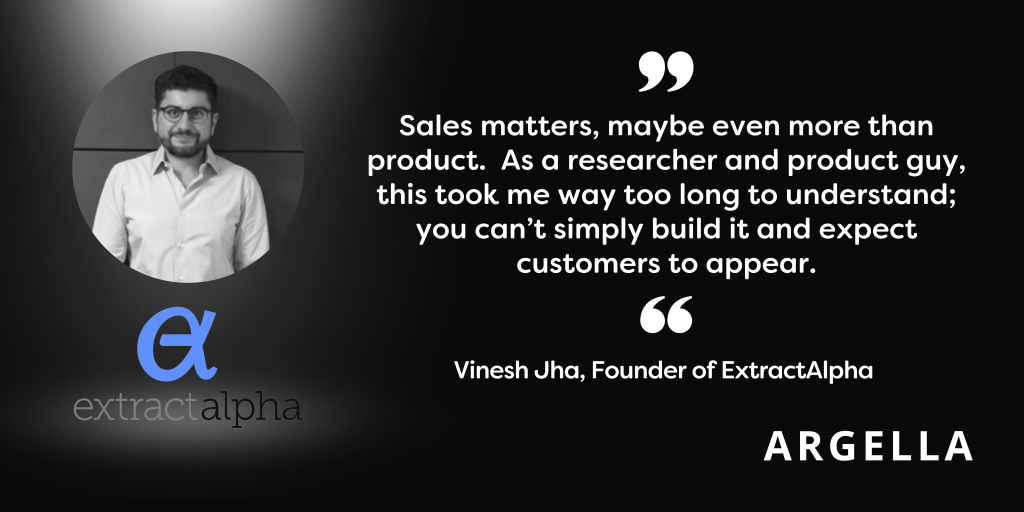
In a nutshell: ExtractAlpha is a research firm and data provider which is dedicated to identifying and delivering the most useful and differentiated datasets for institutional investors.
Fund managers today are faced with hundreds of data sources which could potentially help them improve their performance – so many that it’s impossible to know where to start. ExtractAlpha’s dedicated data sourcing and quantitative research teams save fund managers time by looking through lots of datasets and finding those which are most likely to add value to their investment process.
Amar: Vinesh understands the challenges of finding value in data. What is impressive is how he has been able to productise what started as a service business. A great, robust process for anyone looking to analyse and understand value in data.
Amar: Can you tell us about your background and how you became a founder?
Vinesh: I have an academic background in pure mathematics and started my career in sell-side equity research. Soon thereafter, I joined the founding team at StarMine – a San Francisco-based startup which focused on analysing sell-side analysts and extracting intelligence from their research, among other sources. I was the Head of Research and StarMine was eventually bought by Reuters.
I then spent eight years in prop trading in New York, with most of that time spent at Morgan Stanley, building and trading global equity market neutral portfolios based on a wide variety of strategies and datasets, at a desk called Process Driven Trading (PDT). As that group grew, I got the entrepreneurial itch and thought fondly back to my time as a data provider. I left New York for Hong Kong in 2013 and started ExtractAlpha. I am also the CEO of Estimize, a platform for crowdsourced earnings estimates, which ExtractAlpha acquired in 2021.
Amar: What do you most enjoy about being an entrepreneur?
Vinesh: We are a bootstrapped company, so I have no boss – other than my wife! The flexibility of being able to tackle whichever problems seem most interesting, and being able to pivot freely, is unique in the entrepreneurial world, and even more so without outside investors. It’s pure problem solving – how do we take something in our brains and turn it into revenue?
Amar: What keeps you motivated?
Vinesh: I like to tinker with data and find new insights and cool new ways to look at investing. I like it even more when a client tells me that they found the insight useful (and better yet if they think it’s worth paying for)!
We also ring a gong every time we make a sale. I love ringing that gong and acknowledging the sales, product, and technology people who made that deal happen.
Amar: What do you worry about when it comes to work?
Vinesh: As a sole founder, there is always something to worry about and there’s no such thing as a good night’s sleep. In particular, I worry that we are leaving something on the table, across all aspects of the business – R&D, sales, operations.
Amar: What’s your biggest business learning?
Vinesh: Sales matters, maybe even more than product. As a researcher and product guy, this took me way too long to understand; you can’t simply build it and expect customers to appear.
Amar: What advice would you give new and aspiring entrepreneurs?
Vinesh: Get your hands dirty. Try lots of different things. Think of any way you can to monetize what you’ve built, because you don’t know what will stick and most likely your revenue projections for any one business line are completely wrong.
Hire people you can trust, who can work stably and independently, and let them run with their skill set – you can’t force a person into a role they aren’t suited to, but often they’ll create a role for themselves which is even more valuable than the one you wanted for them.
And make sure they aren’t jerks.
Don’t take on investors unless you need them.
Amar: Anything else to add when it comes to your experiences as a founder?
Vinesh: You have to be ready to really throw yourself into it, and make sure you can balance that with whatever other commitments you have, such as your family. Founding a company is taking a bet on yourself. It’s probably especially true being based in Asia, but work is always “on” for a founder and ultimately the buck stops with you. This also means that you have to get good at saying no to many opportunities so you have time to execute on the highest probability ones.
Amar: Tell us something most people don’t know about you…
Vinesh: As a student, I was quite serious about classical music performance; my instrument was the oboe, which is a notoriously finicky thing. I was never serious enough to really consider a career as a musician – and my teacher at the time wisely steered me away from that path – but she did give me some other really valuable lessons. In my very first year of playing the instrument, I was faced with a fairly daunting solo in my orchestra (the second movement of Bizet’s Symphony in C). Her strategy was to simply not ‘tell’ me that it was difficult! I think that’s a good strategy for someone who’s just starting out.
I also think the technical challenges of the instrument, and the discipline necessary to practice day in and day out, applied directly to my approach to quantitative research. Repetition gives you muscle memory, which you need in order to move beyond pure mechanics. After sufficient amounts of practice, a musician can start to think about phrasing, structure, and nuance rather than focusing on simply being able to play the notes. The same goes for quant research, where you need to be very fluid with the technical toolkit before you can make intuitive leaps and find something of real value. Practice makes perfect!
Amar: Have there been any positives to come out of the upheaval of the last two years for you or your business?
Vinesh: Our company actually grew more during Covid than at any time before. We were already a partially distributed team, especially given that we are Hong Kong based but most of our clients are in the US. But, it’s also because our client base is largely researchers who had, if anything, more time to evaluate products without the distraction of the office. We were lucky in terms of timing as well, in that we revamped our team and made a key acquisition during Covid as well. In a sense, our inability to travel, attend conferences, and the like, made us focus on what’s really important – delivering high quality products to the right buyers. And it was a great time to have a recurring revenue based model.
For more information on ExtractAlpha, visit extractalpha.com. If you’d like your company to feature in the Argella Spotlight Series or find out more about how Argella advises and advances growing tech businesses, get in touch at info@argella.co.uk.

